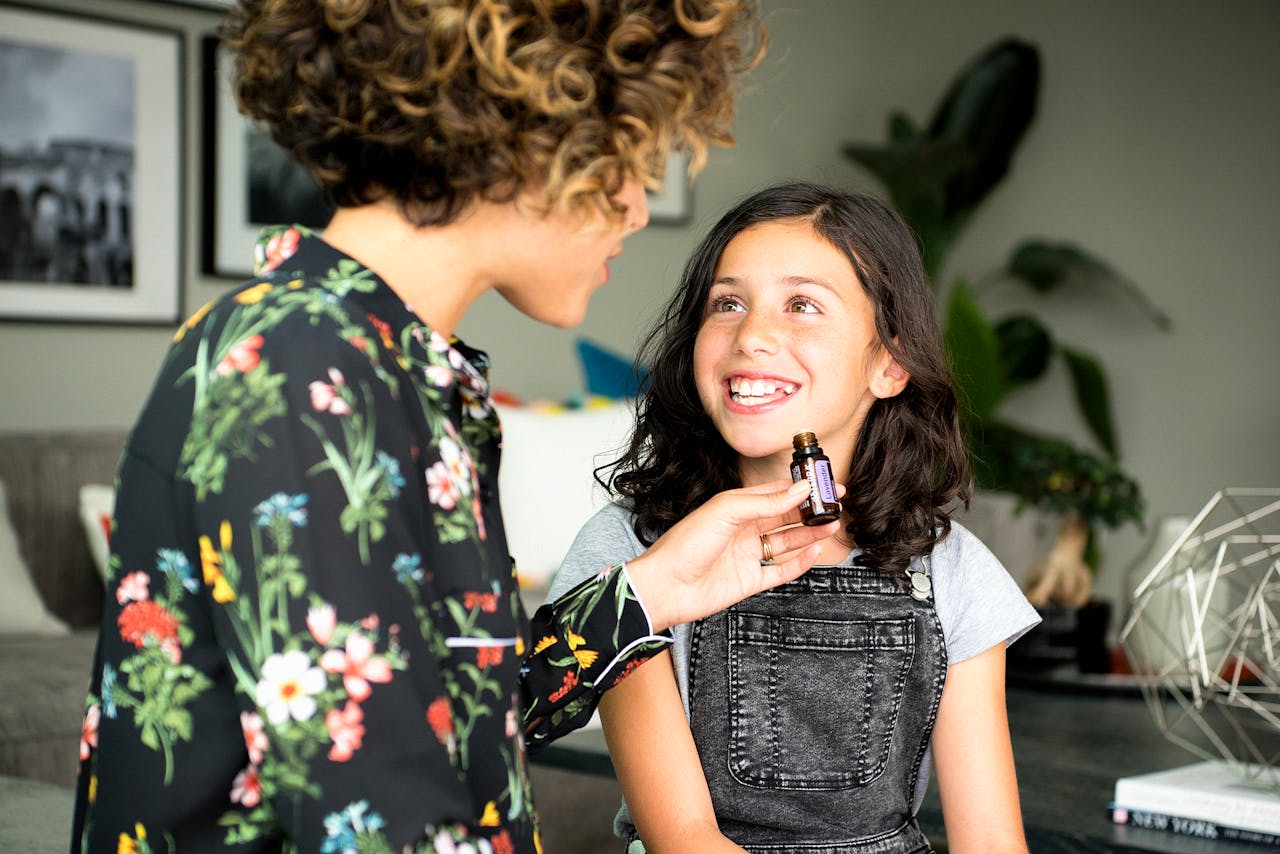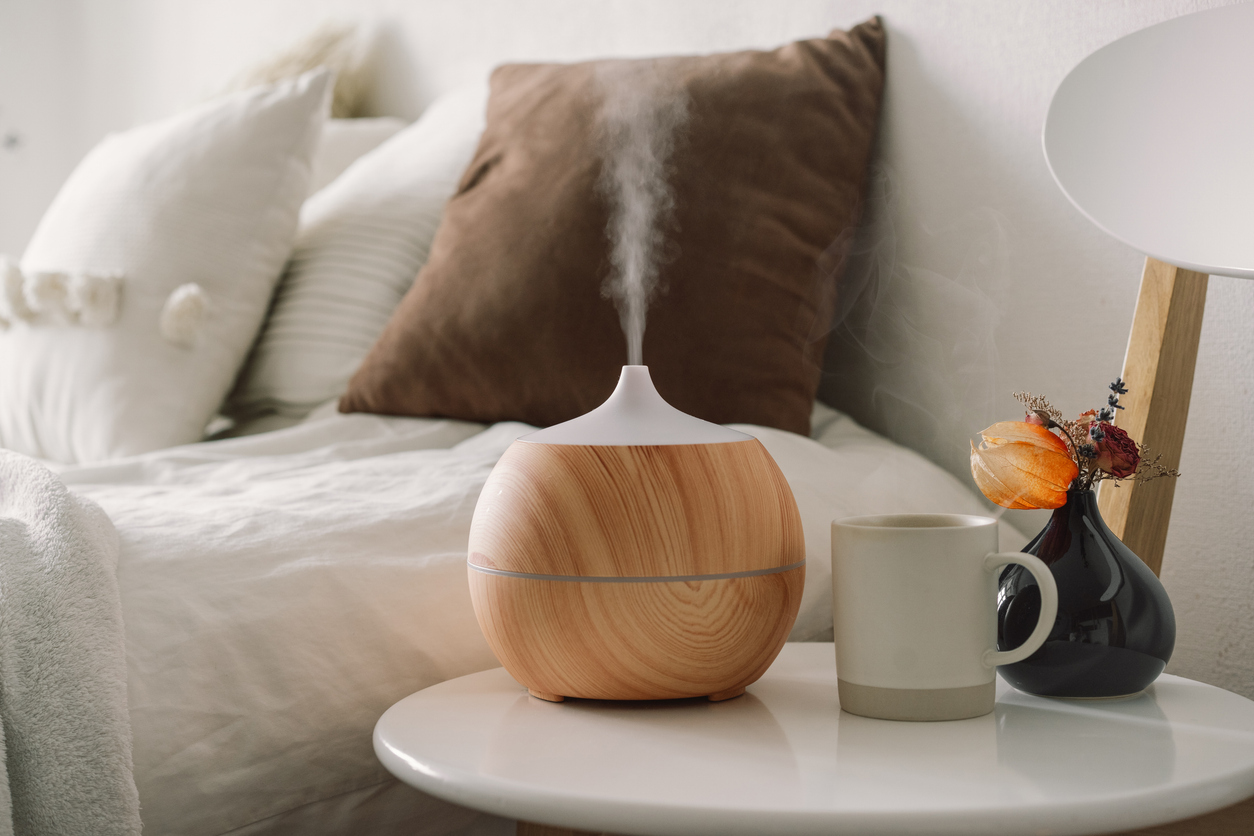Many innovations have come to promote sustainable and eco-friendly lifestyles. Essential oils are one of the more humble creations leading to that type of living, but it would be impossible to discount their contributions to daily life.
Are Essential Oils Sustainable?
Essential oils are more sustainable than chemicals as they are naturally sourced from plants, instead of fossil fuels. Further research is required to gauge the botanical product’s environmental impact and biodegradability.
Production is the main thing to assess regarding an essential oil product’s sustainability. A study on rosemary oil found options, like supercritical fluid extraction, had the least carbon emissions compared to other processes, like hydro-distillation and lyophilization.
How Essential Oils Tie Into Eco-Friendly Living
Essential oils are still powerful tools for incorporating eco-friendliness into daily life. Here are a few examples of how they contribute to the green movement:
1. Support Local Producers
Essential oils are prominent in many countries because they can be sourced from various plant sources and have a longer shelf life. Look for a local producer in your area and support them by stocking up on bottles.
Patronizing local producers means giving back to people who conduct small-scale operations and likely follow sustainable farming practices. Helping them also attracts other buyers who will support them.
2. Provide Physical Relief
Essential oils are great products for physical relief, if you want to get muscle and overall pain relief. Massaging in lavender oil can ease musculoskeletal and knee pain from osteoarthritis. You can also use ginger oil to minimize pain and stiffness. Mix it with carrier oil before rubbing it into the hurt muscle area to protect the skin.
3. Naturally Heal Headaches
Aromatherapy with essential oils help with headaches. Over half of the global adult population has had a headache in the past year, with 4% getting it for 15 days or more each month. Lavender oil is the best for easing stress headaches, while peppermint is ideal for migraines associated with tension.
4. Make DIY Cleaning Products
Many commercial cleaning products can contain toxic ingredients harmful to the environment and home occupants. Creating eco-friendly cleaners is much more sustainable in the long run. Essential oils make these concoctions more fragrant.
For instance, white vinegar and water are a great all-purpose cleaner solution. To reduce the potency of the vinegar smell, you can add a few drops of your favorite essential oil. For an effective carpet cleaner, mix the oil with baking soda.
5. Craft Skin and Hair Care Items
You can also make DIY skin and hair care products with essential oils. Ylang-ylang extract is specifically helpful for detangling your hair and moisturizing the scalp. Grapefruit oil goes great with a natural shampoo to control sebum production.
Tea tree oil has antimicrobial properties to treat acne and fungal infections. However, mix it with a carrier oil to make it safe for the skin. Direct contact can be too irritating, especially for those with more sensitive skin.
6. Assist With Food Preservation
Essential oils have antimicrobial properties, which hold the potential to help with food preservation. A study found active packaging film with such oils assisted with extending the shelf-life of strawberries. Further development would be a fantastic contribution to the sustainable movement.
7. Naturally Add Scents to the Home
Use essential oils as a natural air freshener. Chemical fragrances contain too many harmful ingredients and these botanical products work just as well, if not better. Pick out your favorite scents and pop them into a diffuser. To maintain sustainability, you can seek an electrical diffuser instead of a battery-powered one.
8. Encourage You to Grow Plants
Essential oils may inspire you to grow plants and extract the liquid gold yourself. Creating more greenery is a step toward filtering the air for pollutants in your personal environment. Peppermint is relatively easy to grow at home. Rosemary is also a good option, since you can use the leaves for meat dishes and pastries.
Add Essential Oils to Your Shelf
Essential oils are a fantastic tool to add to your arsenal when switching to sustainable living. You can use them to avoid toxic cleaners, body care, fragrances and so much more. Plus, you get to support the local community and help the environment.
Source link
Mia Barnes biofriendlyplanet.com




